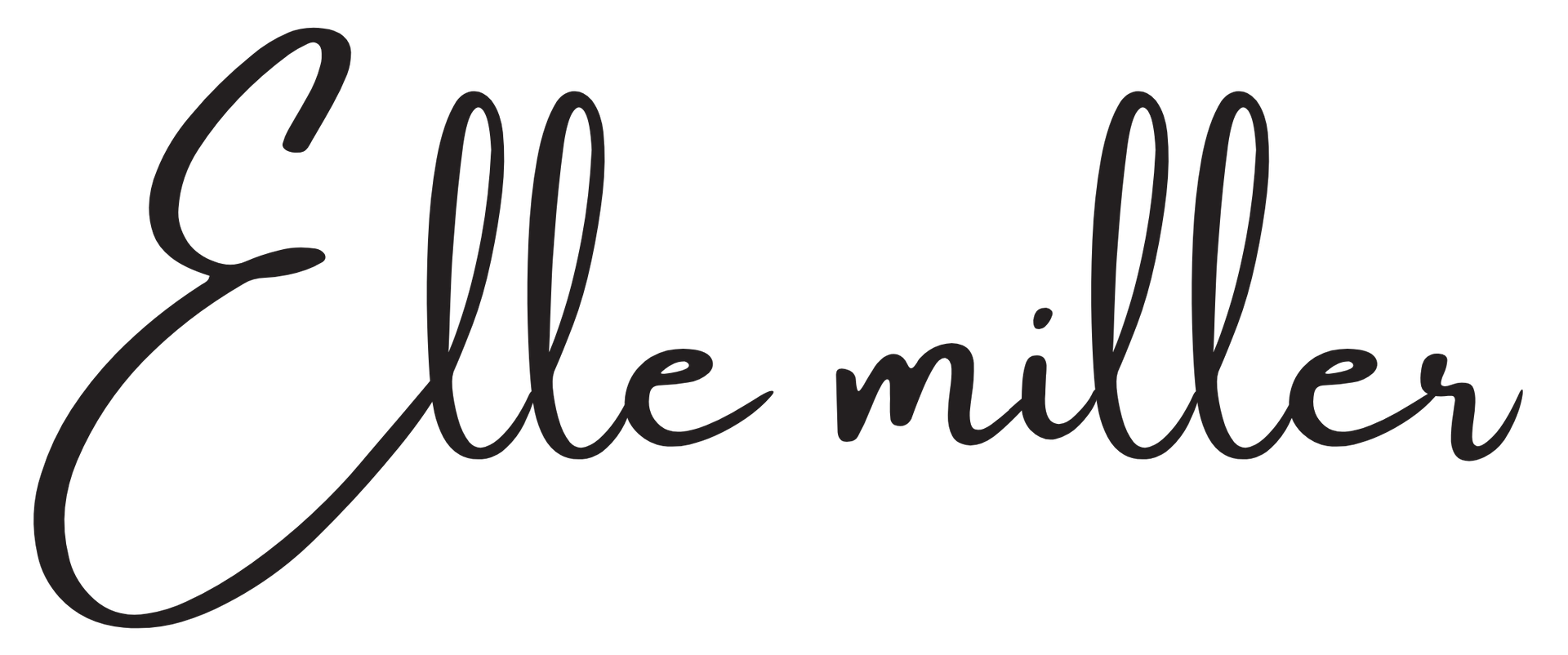What is Brand Personality?
This is a subtitle for your new post
Your brand is more than your logo, fonts, or color palette. It’s how people feel when they interact with your business. That feeling is shaped largely by your brand personality—the distinct voice, tone, and traits that make your brand feel human.
Whether you're just starting out or refreshing your identity, defining your brand personality is one of the most important steps in building a business that resonates.
What is brand personality?
Brand personality is the set of human traits your brand consistently expresses through visuals, messaging, and behavior. It’s how your brand would sound and act if it were a person.
It helps your audience recognize you, remember you, and trust you.
For example, a brand can be:
- Warm, friendly, and approachable
- Elegant, minimal, and refined
- Bold, energetic, and outspoken
- Whimsical, creative, and playful
The key is consistency—using that personality across every platform, from your website to your emails to your packaging.
Why brand personality matters
A well-defined personality:
- Builds emotional connection with your audience
- Differentiates you from others in your industry
- Guides your design, copy, and content decisions
- Makes your brand feel more relatable and memorable
Without a clear personality, your brand may come across as inconsistent, unclear, or generic.
How to define your brand personality
Here’s a simple process to help you get clear:
1. Start with your values
What does your business stand for? Your core values should inform how your brand shows up in the world.
2. Know your audience
What kind of experience do you want your ideal client to have? Think about what they’re drawn to, how they speak, and what kind of connection they’re looking for.
3. Choose 3–5 traits
Pick a small set of personality traits you want your brand to embody. Use specific adjectives like warm, grounded, artistic, bold, or nurturing.
4. Create a voice guide
Decide how your brand sounds in writing. Is it casual or polished? Direct or poetic? Define your tone of voice and writing style to match your personality traits.
5. Reflect it visually
Your brand personality should influence your visual identity too. Everything from color palette and typography to photography style should feel aligned with how you want to be perceived.
Defining your brand personality gives you a foundation to build from—one that helps your business feel cohesive, authentic, and unmistakably you.










